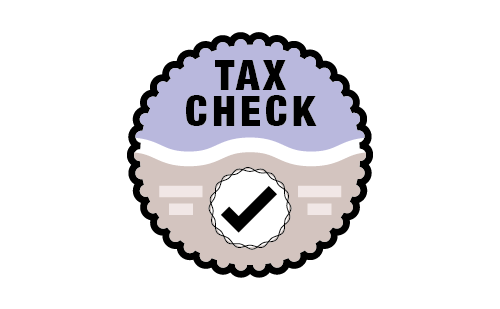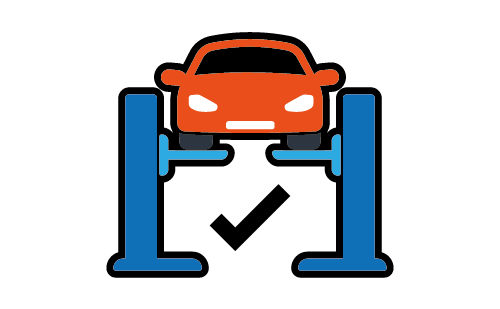
What does our car spec check report include?
Our free car spec check report includes key vehicle information from DVLA records, including:
-
Manufacturer
-
Car model check
-
Engine specification
-
Engine size
-
Fuel type
-
Transmission type
What does a car specification check show?
Our car spec check shows key vehicle specification data from the DVLA’s records. It allows you to instantly check car specs by reg and collate an accurate vehicle description.
Your free car spec check report can help you:
- Check that a car’s model data matches the seller’s description.
- Confirm the car’s details and features.
- Understand its performance and fuel efficiency.
- Check tax and MOT history.
- Make informed decisions when buying, selling, or insuring a vehicle.
Why should I get a car specification check?
When selling your car: Provides the details you need to accurately write a car description by reg. Helps you avoid legal issues when advertising your car and selling on the private market.
When buying a used car: Our vehicle spec check tool allows you to review the specs of a used car by reg. This is a helpful first step, confirming basic details before you invest in a full HPI check.
When buying a modified car: If a car has been modified, our spec check report will show its original factory specification, which can be helpful when verifying changes made to the vehicle.*
*Only major changes officially reported to the DVLA (such as an engine swap or colour change) will appear in the report.
Want to know how much your car is worth?
Whether you’re selling, buying, or planning for the future, it’s helpful to know what your car is worth.
Enter your reg and mileage into webuyanycar’s free car valuation tool to get a quote in under 30 seconds.
Get my free car valuation
We’re rated ‘Excellent’ on Trustpilot
Car Spec Check FAQs
You can quickly retrieve key specs for a car by entering your reg number into webuyanycar’s free car spec check tool.
Yes, your car’s registration number is the only information we need to provide you with a report on your car’s specifications.
There is no need to obtain the VIN number of the vehicle you wish to check. The car’s registration number is all we require to provide you with an instant specification report. Simply enter this information into our Car Spec Check tool – and you’re good to go.
If you are unsure about your car’s specifications, all you need to do is enter the vehicle’s registration number into our Car Spec Check tool. We can provide you with detailed information on your car’s specifications.
To find your car’s make and model, enter your reg number into our free car spec check tool now.












